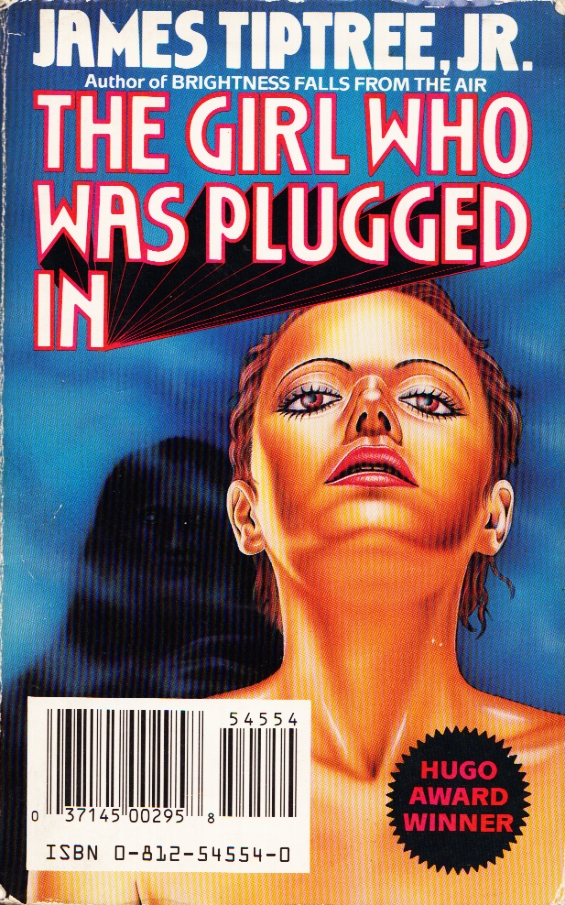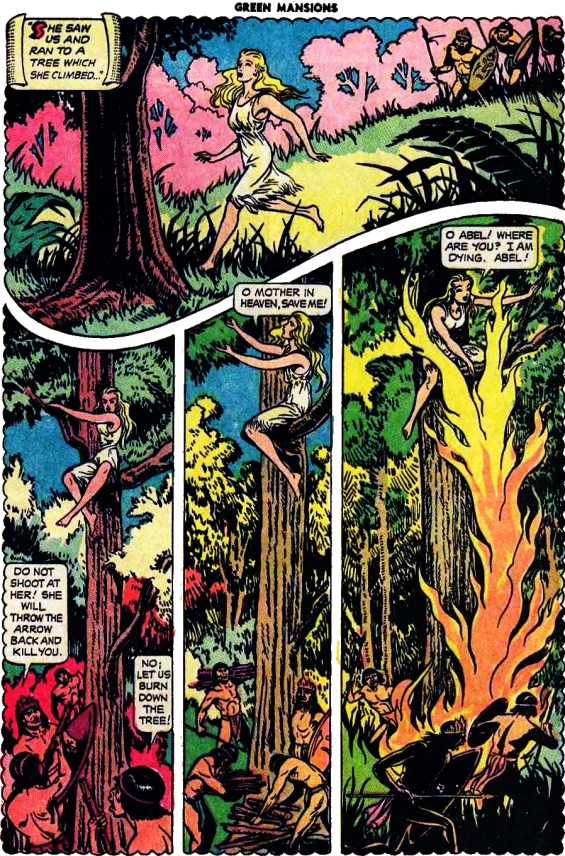
 The SFFaudio Podcast #463 – Jesse, Paul Weimer, Marissa van Uden, Bryan Alexander, Luke Burrage, and Maissa Bessada discuss Altered Carbon by Richard K. Morgan
The SFFaudio Podcast #463 – Jesse, Paul Weimer, Marissa van Uden, Bryan Alexander, Luke Burrage, and Maissa Bessada discuss Altered Carbon by Richard K. Morgan
Talked about on today’s show:
2002, a pretty good book, cyberpunk continuing, classic film noir detective stuff, sleeving, an old book, the Netflix TV adaptation, 10 years of the Science Fiction Book Review Podcast, too heavy, too violent, sex scenes, long and graphic, too much tumescence?, a major part of the book, having partial control of your body, Ortega connection, his dick understands, your biology and your mind, Luke is his penis and his brain, the disconnect, what a lot of this book is, hard to listen to a narrator narrate, not Morgan’s forte, the action, the love of the guns, the sheen of the blades, a really interesting idea book, the second and the third book, the narrator’s pronunciation of Kovach (in book 2 and 3), Todd McClaren’s narration, a causal vs a casual link, Bancroft has Mr Burns (from The Simpsons) voice, thinking about the sex and the violence, a book about the first year of the war on terror?, Battlestar Galactica, part of his identity, a ghost in the book, The Maltese Falcon, Bay City, a setup for the traditional private eye novel, hardboiled novels, the femme fatale, the noir detective, a murder mystery, a locked room murder mystery, a false ending, we are with the detective, proper timing, missing the whole lightness of being, it feels like a first novel, merging a hardboiled detective novel with a real science fiction idea, alien technology, the perennial spoilers are uninteresting conversation, consciousness uploading and downloading, a whole economy that works inside of the technological system, real death, “organic damage”, Prof. Eric S. Rabkin’s “transformed language”, capitalism can go a step further, repossessing you body, mortgaging your body, what the riches of the ultra-capitalist winners look like, Market Forces, Morgan understands global capitalism in a way few science fiction writers rarely do, Neuromancer by William Gibson, when Case disparaging the meat-sack, so much smoking, sleeve-sickness, cross-sleeving, a fourth book?, skip to the third book, Broken Angels, military SF, Woken Furies, Quellist struggles, the ideal series, like Doctor Who or James Bond, what would normally trigger a lot of people, a big backlash?, racism-proof, accidentally funny, whitewashing, not enough of the Asian identity, two different faces in the mirror, Ghost In The Shell (2017), Maissa was witness to the Falcon Heavy launch and recovery, making note of Miriam Bancroft, Jesse tells a story that turns out to be importantly incorrect, loving James M. Cain at age 14 or 15?, a terrible crash of destiny, stories about femme fatales, which Takeshi Kovacs, childhood memories set the program, telling Jesse’s sad stories, feeling betrayed, face punch exchanges, you’re not supposed to hit women, legitimate hitting, resonating for a reason, personality formation, not enough or the right kind of trauma, all kinds of experiences, resleeving and doing the podcast again, weird connections, identical twin problems, growing up and not being a single human unit, Luke and Nathan go to see the head teacher, tedious and annoying and boring, that’s not the fun game, everybody got Luke and his brother mixed up, what it’s like to be your own identical twin, one particular trauma to magnify, how long will it take to be two different people, rock-paper-scissors, virtual, taking the randomness out of it, taking out all the whims, how can they even be throwing differently, quantum improbabilities, slight differences, it isn’t chance, trying to lose, fun sex party, second guessing to win and lose, how attached they were to that life, proud to have been able to have killed himself, a will, the institution of you continuing on after your death, codicils, the A.I. hotel, Jimi Hendrix, Purple Haze, the reason for the change, the Hendrix estate, Hendrix was a big fan of SF, the language of H.P. Lovecraft, Edgar Allan Poe, the sidekick, a second trope, the possessive girlfriend nature of the hotel, a lot more personality, meeting the Hendrix, social graces and hotel service, subsumed inside his job, everybody in the police station has a mohawk, why does Ortega cut her own hair?, an undeveloped plot thread?, she’s Catholic, is it possible she doesn’t have a cortical stack implant?, everybody would have the scar, savoring that idea, when you can live forever and nothing can kill you, less meaning to existence, savouring the moments, never do a show twice, we’re never going to do one again, poignancy, the upcoming Dune show, the holiday lasted forever, permanent memoirs, people re-act, the physicality of the sonic booms, startling emotions, why am I crying?, death is more meaningful, seeing in the background, the first bit of violence, death isn’t final, “we saved the stack”, sixteen real deaths, more meaningful, not just movie violence, Ryker didn’t like mohawks, the default in computer gaming is multiple games, iron man mode, flushing your cache, stuck with the consequences, get to the next screen, PlayerUnknown’s Battlegrounds vs. Battlefield 4, completely different vibes, paranoia sneaks up on you, constant electrical shocks, one life to live mode, all the more meaningful, an accomplishment, the highest highs and the lowest lows, as a game mechanic, thirty minutes in, becoming very meaningful, seeming to rely on neurochem as superhero juice, neurochemicals, if you can control your neurochemicals you can control a lot of your world, dials you can up or down, pouring my coffee is doing the neurochem, anticipating the hit, fight sequences, about the meths, meth now means something else, more relevant, economic inequality, more in the consciousness, about the 1%, eat the rich, Black Man aka Thirteen, the Jesus-land idea, a very different resonance, a just reward for hard work, race and gender, the U.S. Democratic party, still fighting the 2016 election, a dystopia in the worst way, everything we have now except it will never end!, Baby Boomers, Nancy Pelosi sacrificed herself by standing for eight hours, Morgan really knows what’s going on, his wife is Spanish, teaching English in non-English countries, a world book, the quintessential American noir detective novel, not Agatha Christie, the femme fatale wife, the ultra rich guy paying the bills, private justice, the cop who is the enemy and the friend, a tangled romantic past, all backstory, his body has a history, he has a history outside his body, well layered, the Patchwork Man story, Frankenstein, Golems, Neuromancer, just delete me, man, Galatea 2.0 by Richard Powers, Charles Stross, Douglas Adams, Raymond Chandler, his politics, economics, deep corruption, strikingly feminist, strikingly anti-religion, these resonate, the triad boss, it feels like fifteen short stories before it, the pacing, what would you cut, the book is about the sex, cut down the fights, the Thunderdome, Head-In-The-Clouds, kung-fu for 15 minutes, and now a gunfight, fade to black, toggling the text in or out, dial it up, you can’t easily skim read an audiobook, super-aware of the narrator, Jonathan Davis on performing sex scenes, the post torture rampage, time working differently in virtual, the rampage feels lifted straight out of Robert E. Howard’s The Vale Of Lost Women, rampage mode, stack killing (RDs), a very dark Dashiell Hammett, Red Harvest, the weapon that he is, an important scene, the unicorn backpack is turning into a meme, to film that scene, designed to be a film, it isn’t a Blade Runner rip-off, a different kind of dystopia, we’re going on a run, the visual connections, a cartoon, why can’t all cityscapes, Blade Runner: 2049 as a silent film or a wordless film, plenty of direct links, “freeze and enhance”, Rick Deckard, bounty hunter and mercenary, film noir tropes, the visuals do not come out of the book, let’s play out the same thought experiments, everything is at night in the rain, Dark City (1998), off to the rest of the galaxy, stagnation, why is it so conservative?, the leftovers, Earth?, that shithole, this is not the home planet, quaint and ancient, a lampshading way of saying we’re not going to invent that much more, how hard it is to write near future SF, why isn’t it called San Fransisco, PoCo, IOCO, PoMo, slang terms, more transformed language, Farewell, My Lovely by Raymond Chandler, Harlan’s World = Harlan Ellison’s world, UBC Museum of Anthropology, mossy and rocky with beautiful forest, mom and dad and sister, not just a rampage book, smoking, what is it like to come back to the homeworld and think of it as a dump?, The Impossible Planet, Wall-E, Milk Of Paradise by James Triptree, Jr., environmental, on the nose, the underbelly, Head-In-The-Clouds vs. Licktown, seeing what it is, Miriam Bancroft, Chinatown (1974), the proposition, ‘it’s all about the money, man’, the puppetry by the rich of the inconsequential, where are they getting all the human bodies?, disposiblity, working to grow your clown, a mismatch between the scarcity of bodies and the plurality of bodies, increasing the number of crimes, The Jigsaw Man by Larry Niven, exploitation, synth-bodies, The Crack In Space, an orbiting whorehouse, Westworld, loving one and not caring about another, feeling a connection, an anti-hero, rooting for the mission (not the man), Jimmy’s story, Poe, a fairly good job at adapting, Dollhouse, body hopping, virtual reality, an almost sexual urge, the show’s appeals, the grandma, exiting Bryan’s brain, bonding with the main character, Luke thinks about his penis a lot, fun to read, such a sad life, a twisted sense of humour, skewering global capitalism, Car Wars, hedge-fund managers play Mad Max, what’s wrong with us, we’re being manipulated, extending life, what about everybody else?, leave the planet, if we don’t treat it as a metaphor, people act as if, this long view of the world, Bancroft has been alive longer than the history of my planet, would you live in this world?, taking a chance, in a sim?, South America, India, dystopia is already here it’s just not evenly distributed, hanging out with Ortega, super-corrupt, Ryker would go around beating people up, torture program, we did that, there are no good cops, seeing the world from the civilian POV, seeing cyberpunk having an extended life, sub-genres, steampunk, alternate history, Ridley Scott, more of that, not that many good ones, Neuromancer remains the great one, a subterranean vibe, a masterpiece you don’t enjoy watching, such a cultural impact, what comes through, Jack Womack, computer gaming, manga, power and influence, to persist, looking back over the years in science fiction, we’re too close, Gollanz Masterwork series, wait twenty years, 40 years for Moby-Dick, we’re accelerated, what is the good movie?, the Best Picture Oscar winners are a photo-negative of quality, hype machine, more than a twitter, good speech takes a long time, short speech is advertising, Mad Max: Fury Road, come back in a new sleeve in twenty years, all the evil corportations are named S.A., the European version of LLC, Tessier-Ashpool S.A., the orbital battle scenes, the client, Miriam Bancroft gets a punch in the face from me, the fist remembers, Annihilation, a long time since Berlin, hiking the hills, Honeybear lives, organic dog damage, does the dog have a person in it, a tiger sleeve, sleeved in a snake, What It Is Like To Be A Bat, qualia, an attempted-masturbation scene.
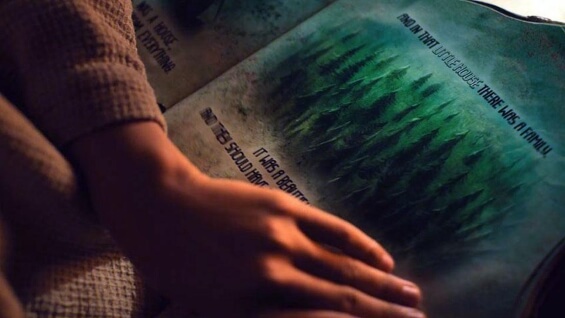
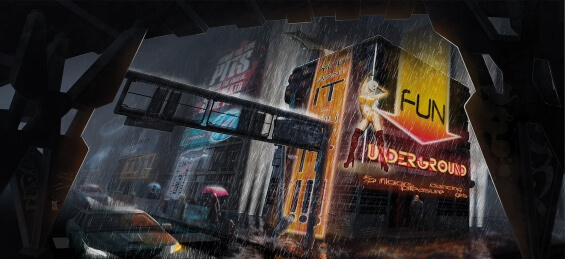
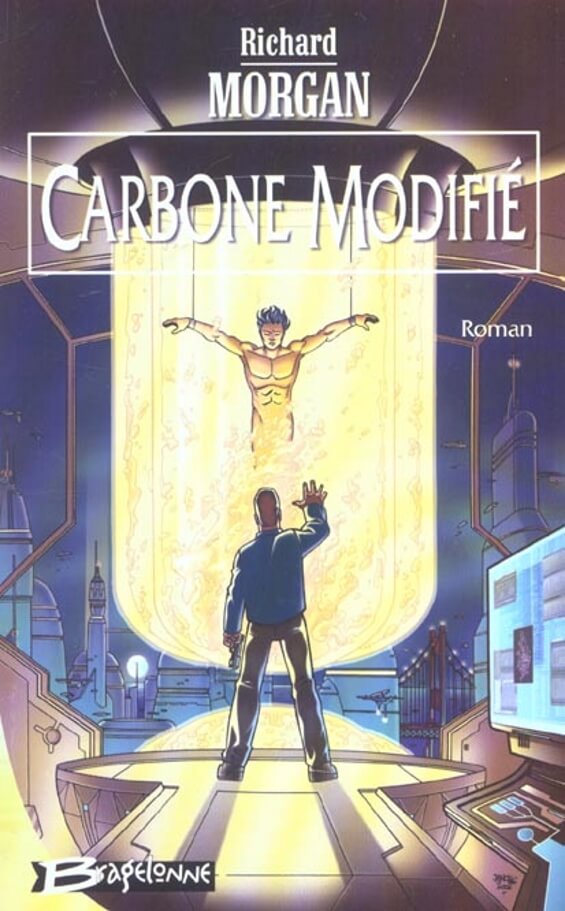
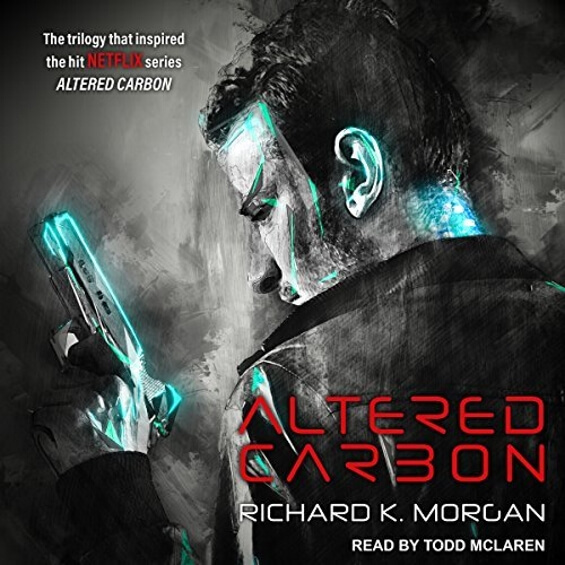
Posted by Jesse Willis

 Sea of Silver Light (Otherland Book #4)
Sea of Silver Light (Otherland Book #4)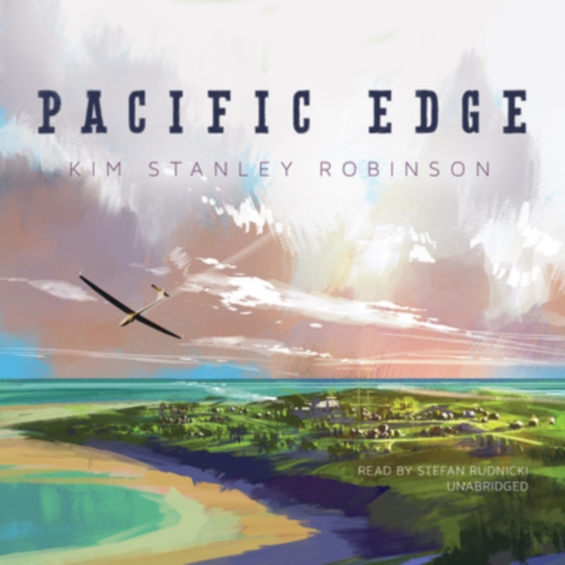
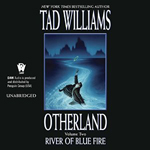 River of Blue Fire (Otherland #2)
River of Blue Fire (Otherland #2)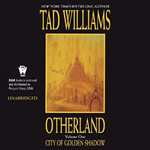 City of Golden Shadow (Otherland #1)
City of Golden Shadow (Otherland #1)